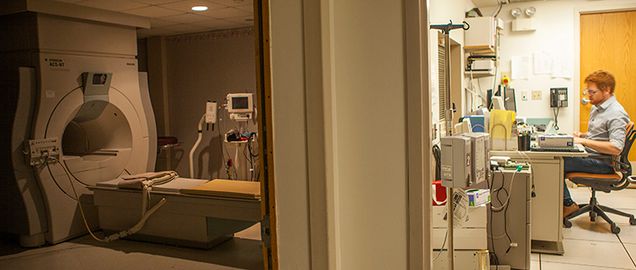Why a Master’s in HEM?
John J. Burke
Healthcare Emergency Management Program
Boston University Chobanian & Avedisian School of Medicine
Chief
Sandwich Fire Department
Operations Section Chief
Barnstable County Incident Management Team
In the world of Emergency Services, precision and protocols are the daily mantra when it comes to responding to and effectively handling emergencies. I was approached by a peer in the Fire Service who asked me, what is the difference between a Master’s in Health Care Emergency Management and one in Public Health? The inquiry fascinated me as I looked at a large group of potential graduate students who have yet to make the decision as to which direction to go. Is it better to get an MPH or is the HEM program a better fit? I will outline one thought process that may assist in that decision.
If you want to continue your studies in either field, you must ask one basic question: Am I an operations person, a get my hands dirty in the trenches person or are my strengths based in planning and theory? If you can answer that question quickly and without hesitation then you have answered the question, what is the difference between HEM and MPH?
“Are you a ‘get your hands dirty in the trenches’ type of person?”
The HEM program enables an Operations based responder (Public Safety) to gain valuable experience and education in the science and origin of healthcare emergencies, which in turn better prepares the responder to select a prudent course of action to mitigate the emergency. The Operations type of person wants to have numerous tools in his or her toolbox to refer to when split second decisions need to be made. The HEM program gives its students a background in science, statistics and ethical decision-making: all trademarks of a good healthcare emergency manager. The type of person who fits into the HEM program, for example, could be an EMS provider for the City of Boston Emergency Medical Services, a member of the CDC assigned to the bio terrorism unit, or a Fire prevention officer in Massachusetts like myself.
The MPH program allows for those personnel who thrive on planning and policy development to shine. A terrific example is the H1N1virus. If you would enjoy planning the risk communication strategy, researching the origins of the disease and planning the mitigation strategy, than the MPH is the program for you. The MPH allows you to explore all public health issues including nutrition, disease and quality of life. The MPH allows for more in-depth policy writing and decision-making, which in turn is passed on to the operations personnel for delivery. The MPH does not focus on actual response tactics and strategies like the HEM program, therefore spelling out the biggest difference between the two. The type of person who fits the MPH model ranges from a Public Health Nurse assigned to the New York City Department of Health and Hospitals to an employee of the US Food and Drug Administration.
There is no right or wrong answer for taking either program, as both are sorely needed. A biomedical crisis has the potential to be the next 9/11 that this great nation faces, and we need to do everything in our power to train and prepare those who will lead us against the next large incident of national significance.
